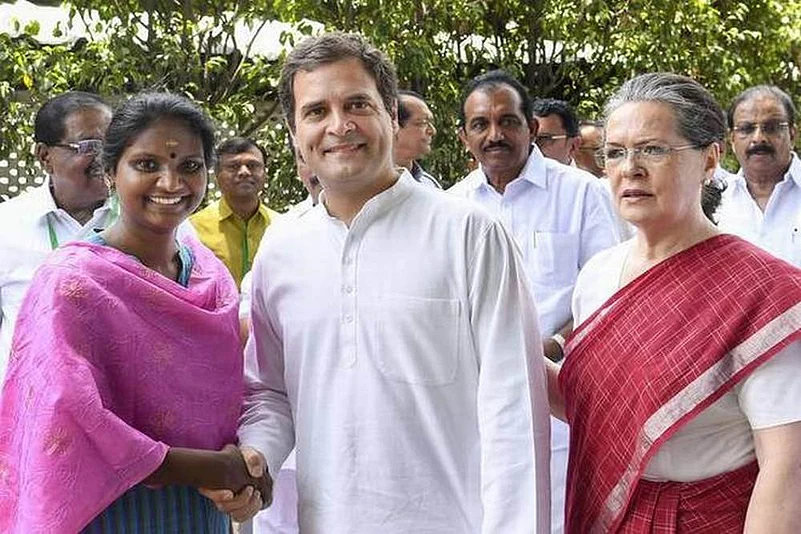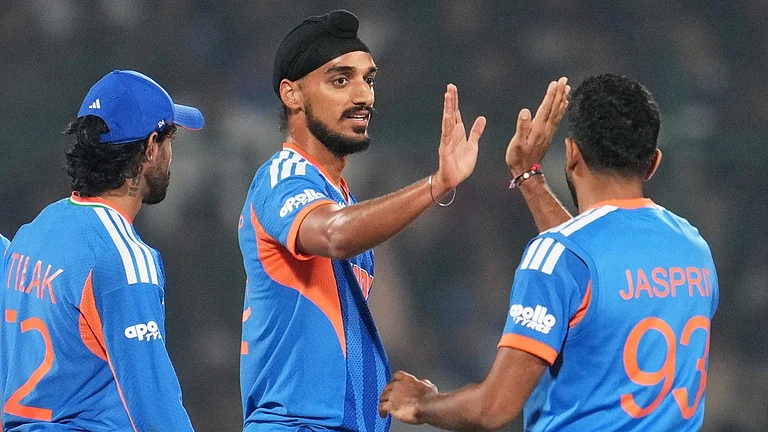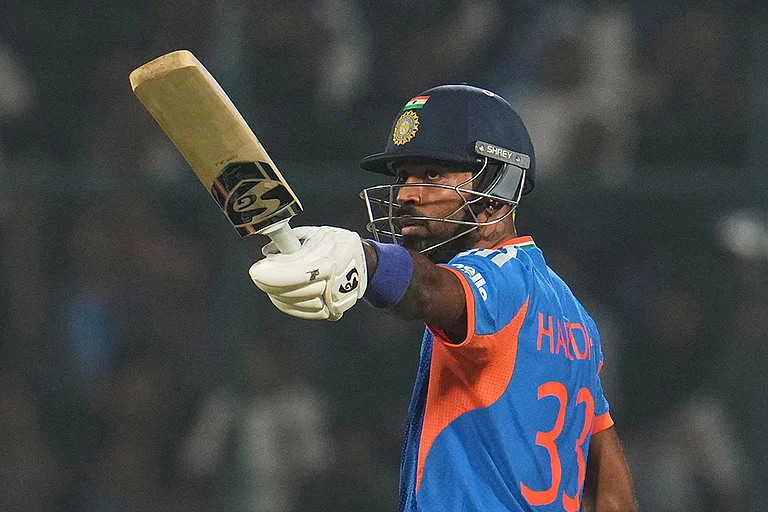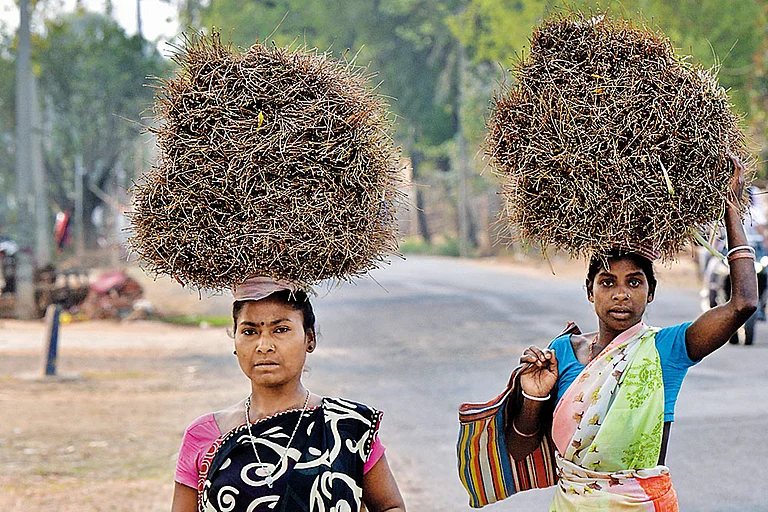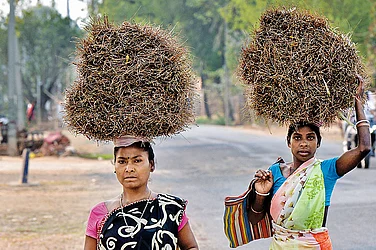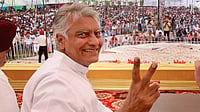Ramya Haridas, the 32- year-old Dalit parliamentarian from Kerala is eagerly looking forward to her first session, which begins on June 17. The second Dalit woman MP from Kerala after a gap of 48 years, her victory is much talked about, as she defeated CPI (M)’ s two-time sitting MP P K Biju with a huge margin of 1.59 lakhs from the reserved constituency of Alathur in Palakkad.
This victory is special for Ramya, as she had to face many sexist jibes and attacks during the election campaign from her political rivals. Daughter of daily wage workers Haridas and Radha, Ramya forayed into politics through a "talent hunt" programme organized by Rahul Gandhi. Ramya spoke to Outlook on her new responsibilities.
As a Dalit MP, what are your immediate priorities?
My constituency Alathur has a lot of Dalit settlements and it’s in dire state. My effort will be to bring infrastructure to the area, which is mostly inhabited by daily labourers. As a woman, I have the responsibility to address issues of Dalit women too.
You have come a long way from being a block panchayat president to an MP. Does this responsibility overwhelm you? How excited are you about the first session in the Parliament?
Though I have visited Parliament many times as a student leader, I never expected that I will become an MP. I brought many students and block panchayat members to show Parliament around and its proceedings. I have also conducted many model Parliament sessions for students. So I consider this a great responsibility and recognition from the party. I’m happy and proud to be a part of the democratic process.
Congress is in a deep crisis after the Lok Sabha polls. Can the party make the right noises with 52 members in the Parliament?
I am glad to be a part of Congress, which led many reform movements in the country. We owe the party as it led the freedom struggle, and now it’s fighting a big battle to save secular democracy. Congress brought the three-tier panchayat system, which was a revolutionary step. There are millions of people who want Congress to come back. I am confident that Rahul Gandhi will lead Congress and its past glory will be retrieved. As Gandhi said, we are enough to make BJP jump in the Parliament.
Does the party encourage women from lower caste community to grow? Did you face any discrimination as a woman and as a Dalit?
My entry into politics was through a "talent hunt" that Congress chief Rahul Gandhi organized in 2010. Later, I became the Block Panchayat President of Kunnamangalam municipality in Kozhikode district. The party gave me a lot of support. There were many senior leaders, who they could have chosen as a candidate for Alathur. But the party handpicked me, which is a great recognition. The party gave me wings to fly.
There have been increasing cases of attacks against the Dalit community. What are the core issues of the community that need immediate attention?
It’s appalling that Dr Payal Tadvi had to commit suicide because she belonged to a lower caste. Under the BJP government at the centre, there has been a surge in the number of atrocities against Dalits. Dalit community is not aware of its rights and the level of awareness is also low. I worked in the SC/ST project for a long time and I realized that the SC/ST departments are not functioning properly. We have to focus on the proper working of these bodies. We need to bring them into the mainstream and make them aware of the importance of education. I understand that the situation in Kerala is different from North Indian states because of education and awareness.
You support Congress' stand on Sabarimala that there should be restriction of women’s entry to the temple. Isn’t it against the SC verdict and women?
I don’t see it as a gender inequality issue. I am a believer and I also feel that women between 10-50 years of age shouldn’t enter the temple. I don’t want to break tradition and I am ready to wait.
But the temple entry movement in Kerala also faced insurmountable resistance from the upper caste. How will you defend that?
That is a different issue. Congress led movements in the 1920s and ’30s, such as the Vaikom Satyagraha and the Guruvayur Satyagraha, The party was in the forefront of many other social reform movements. Gandhi and other Congress leaders have fought against caste oppression.
You were at the receiving end of sexist remarks and abuses during the election campaign. Is it the caste factor?
I faced a lot of abuse during the campaign. But, women in my constituency rallied behind me and were a pillar of strength to me. The women wanted me to take the fight forward and here I am. The state women’s commission should have taken action. The case is before the court now. I hope I will get justice from the court.
Your singing skills were much talked about during the campaign. It also invited snide remarks from your opponents. Does this play an important role in your victory?
Music is an integral part of all election campaigns. Mostly, political parties use recorded songs. Though I have limited knowledge about singing, I sang wherever people asked me to. It’s not that I used my singing skill to win the elections.






